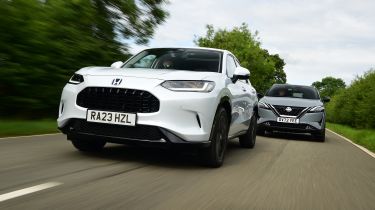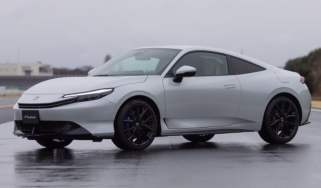Honda and Nissan merger collapses
It was hoped the merger would better equip the two firms on future EVs and software-defined vehicles

Honda and Nissan have agreed to terminate the Memorandum of Understanding (MOU) regarding a business merger which would have seen the two companies become the third-largest automotive manufacturer in the world.
The proposed deal, which would also have included Mitsubishi Motors, has now fallen apart – although Honda and Nissan both said in respective statements there will still be a “strategic partnership aimed at the era of intelligence and electrified vehicles”.
A definitive agreement was expected to be reached in June 2025, with the new combined force listed on the Tokyo Stock Exchange ahead of a share transfer and launch of the new joint company in August 2026.
Both firms cited the same reasons for the merger failing to materialise, stating: “Various options were considered regarding the structure of the business integration. Honda proposed changing the structure from establishing a joint holding company, where Honda would appoint the majority of directors and the chief executive officer based on a joint share transfer as initially outlined in the MOU, to a structure where Honda would be the parent company and Nissan the subsidiary through a share exchange.”
However, it’s clear now that an agreeable solution could not be reached with both companies needing to prioritise “speed of decision-making and execution of management measures in an increasingly volatile market environment heading into the era of electrification”.
It remains to be seen if the afore-mentioned “strategic partnership”, with EVs at its forefront, will give Honda and Nissan the tools to compete with the threat of a booming Chinese car market and slower than anticipated consumer demand for battery-powered vehicles.
Globally the two companies sold 3.7 million and 3.4 million vehicles respectively in 2023 – making them the second and third-largest automotive companies in Japan, after Toyota. However, Nissan lost 16 per cent of its sales in China and Honda 10 per cent in the past year.
Renault Group, which Nissan is part of an alliance with, is yet to comment on the failed merger.
Now take a look at the best electric cars
Find a car with the experts








